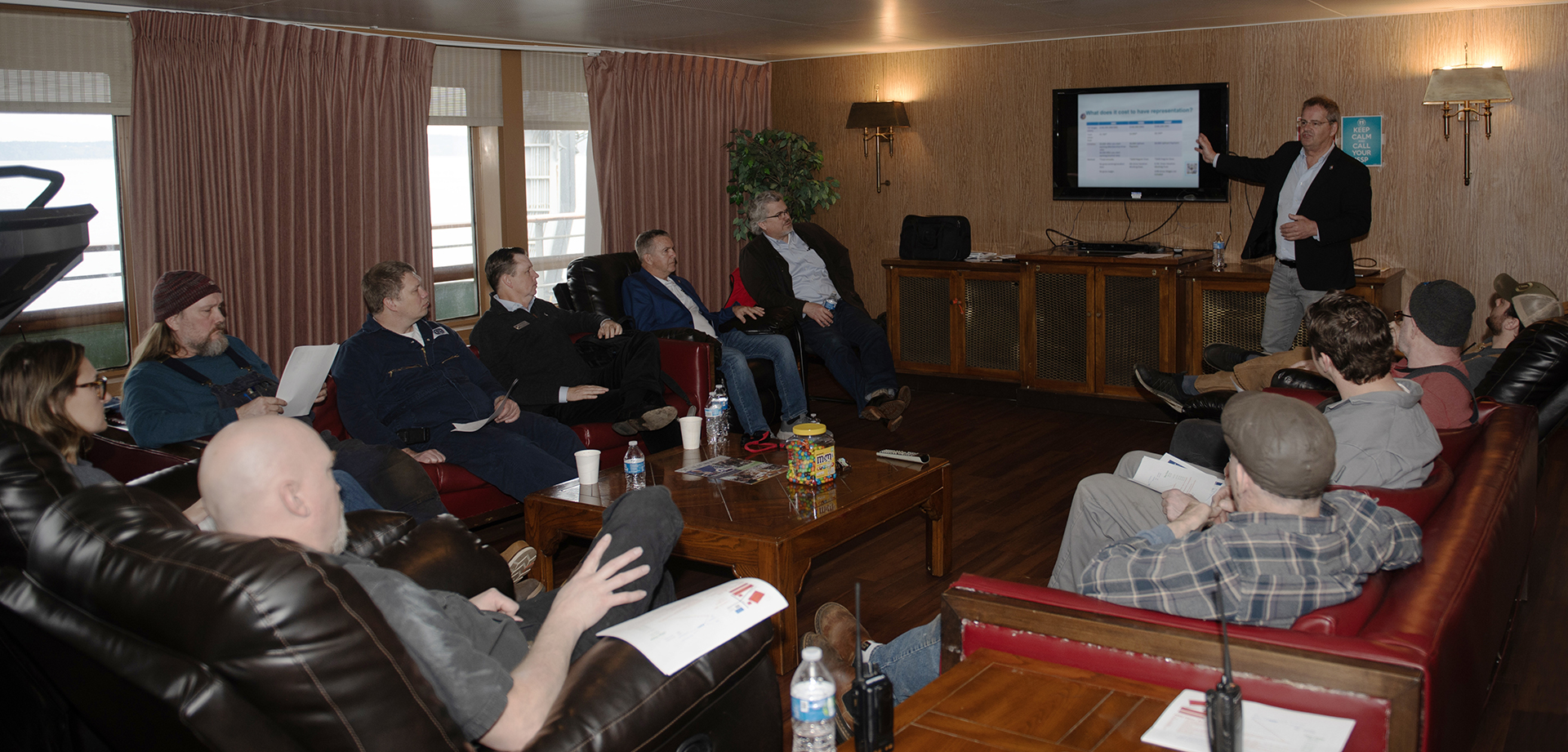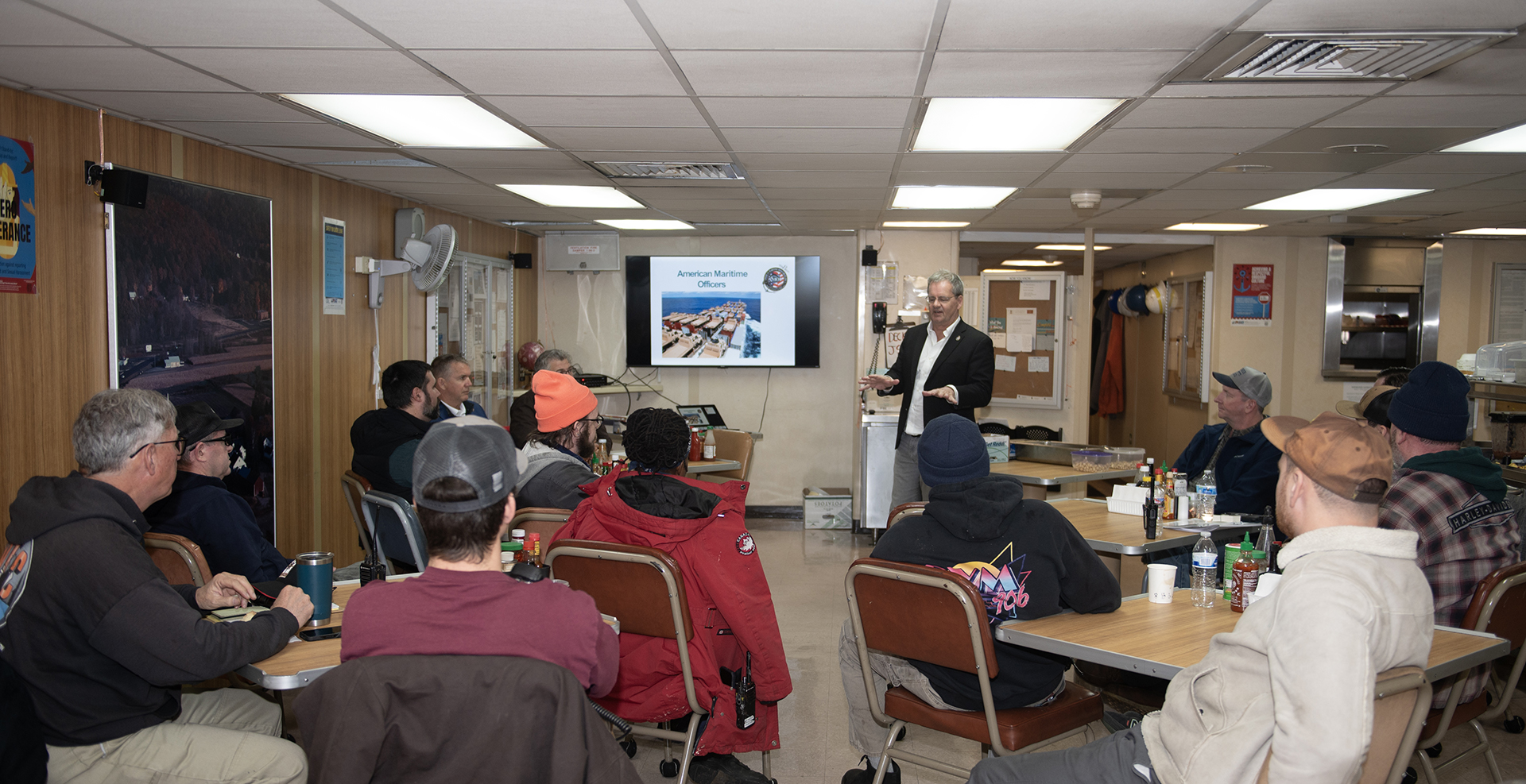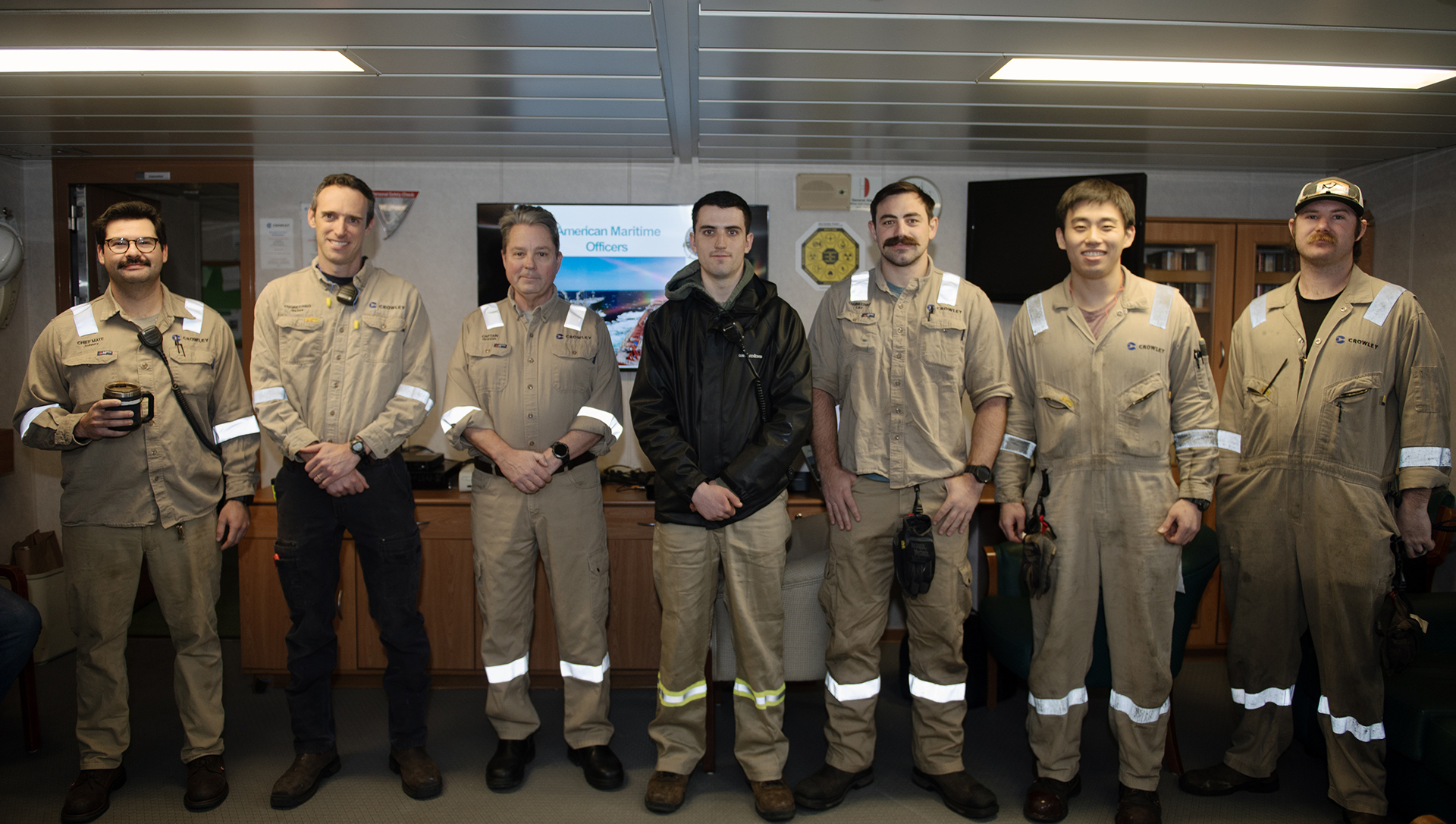In an editorial published March 26 by The Washington Times, the chairman and the ranking member of the Coast Guard and Maritime Transportation Subcommittee in the House of Representatives expressed their strong support for America’s cornerstone cabotage law, the Jones Act.
Some of the points articulated by Chairman Mike Ezell (R-MS) and Ranking Member Salud Carbajal (D-CA) in support of the Jones Act were similar to those voiced by Commander of U.S. Transportation Command Gen. Randall Reed during a hearing held by the Senate Armed Services Committee on March 5.
During the hearing, when asked about the importance of the Jones Act to the mission of TRANSCOM and to national security by Senator Mazie Hirono (D-HI), Gen. Reed said the law ensures America has the mariners needed when the time comes for the military to mobilize, as well as a domestic fleet that keeps American mariners employed.
“The Jones Act allows us to actually have shipping resources here and a fleet,” Gen. Reed said. “Because of that act, we actually have a way to make sure we can build ships here in the United States, that we can sail those ships to maintain commerce, that we can actually produce the crews that actually sail those ships so that we have a core of folks that can actually operate. At the same time, if the nation needs folks to go to sea, we can call on that force to actually sail and they are our citizens and we will be more secure in that way.”
In their editorial published by The Washington Times, Representatives Ezell and Carbajal wrote, “Republicans and Democrats Agree: We must defend the Jones Act. America’s future depends on it.”
Addressing some of the specific benefits of the law to the American economy, national defense and national security, they wrote: “First, the Jones Act safeguards American jobs. The maritime industry supports nearly 650,000 jobs nationwide, providing stable, well-paying work for shipbuilders, mariners, dockworkers, and others. Without the Jones Act, these jobs would be outsourced to foreign shipyards and foreign mariners, harming American workers and weakening our economy.
“Additionally, the Jones Act is critical to national security. A strong domestic maritime industry ensures we have the ships and workforce necessary to support our military and respond to national emergencies. The Jones Act helps maintain domestic shipyards and ship repair facilities, keeping our country from being reliant on foreign yards to build, repair, and maintain our military and merchant marine vessels. These vessels provide a strategic capability to the United States military during conflict allowing the expeditious transport of troops and supplies anywhere in the world.
“Our nation’s strategic sealift capabilities depend on a robust commercial fleet to maintain readiness in times of war or crisis. If we further weaken our maritime industry, we risk compromising our sovereignty and security. Keeping our shipping lanes under United States control isn’t just an economic issue it’s a matter of national security.
“The Jones Act also plays a key role in disaster response and recovery. When hurricanes or other natural disasters strike, Jones Act-compliant vessels deliver emergency supplies quickly and efficiently. Without a strong domestic fleet, we would be forced to rely on foreign carriers, who may not prioritize American communities in crisis. Keeping our fleet in American hands guarantees reliable and immediate access to critical resources when disasters occur.
“Finally, the Jones Act ensures we have a stable supply chain. In 2024, the U.S. imported and exported $7.3 trillion in goods. The Jones Act plays a vital role in keeping our domestic maritime supply chain that American farmer’s and businesses rely on under American control.
“This law is not just about protecting one industry; rather, it ensures America remains a maritime power, capable of defending itself and maintaining economic stability. On the Coast Guard and Maritime Transportation Subcommittee, we are focused on policies that protect American workers, strengthen national security, and bolster our economy,” Congressmen Ezell and Carbajal wrote.
“Supporting the Jones Act is one of the best ways to achieve those goals, and we stand with the hardworking men and women of our maritime industry to defend it. The long-term benefits of this policy go beyond creating jobs, it is a pillar of American strength and resilience.”














